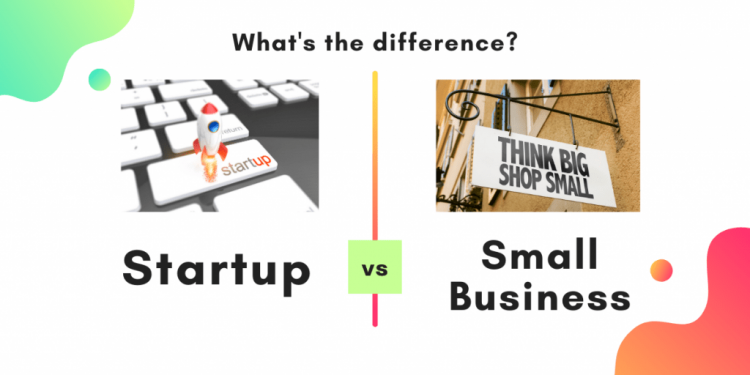In Africa’s dynamic business landscape, the terms “MSMEs” (Micro, Small, and Medium Enterprises) and “Startups” are often used interchangeably, but they refer to distinct types of businesses. Whether you are an entrepreneur, investor, or part of the African business ecosystem, understanding the differences between MSMEs and Startups is key to navigating the business world. This article will explore their unique characteristics, similarities, and the roles they play in Africa’s economic development.
What are MSMEs?
MSMEs encompass a broad range of businesses, from micro-enterprises run by a single individual to medium-sized companies employing up to 250 people. They are the backbone of Africa’s economy, contributing significantly to GDP and employment. In Nigeria, for instance, MSMEs make up over 90% of businesses, providing crucial services across various sectors, including agriculture, manufacturing, and retail.
What is a Startup?
Startups, on the other hand, are often new businesses focused on innovation, scalability, and growth. Startups in Africa typically aim to solve specific problems using technology and disruptive business models. Unlike many MSMEs, startups are often designed to expand rapidly and can scale across borders. They frequently seek venture capital funding to fuel their rapid growth.
Similarities Between MSMEs and Startups
- Economic Impact: Both MSMEs and startups play crucial roles in job creation, poverty alleviation, and economic growth across Africa.
- Entrepreneurial Drive: Both types of businesses are founded by entrepreneurs with the goal of solving problems, meeting market needs, and generating revenue.
- Challenges Faced: Whether it’s access to finance, regulatory hurdles, or infrastructure challenges, both MSMEs and startups face significant obstacles in their growth journeys, especially in African countries.
Key Differences Between MSMEs and Startups
- Scale and Growth Potential: MSMEs generally focus on steady growth and long-term sustainability, whereas startups prioritize rapid scaling, often through technological innovation.
- Funding Models: MSMEs are often self-funded or rely on traditional bank loans, while startups usually seek external funding from investors, including venture capital, angel investors, or accelerators.
- Risk and Innovation: Startups are typically high-risk, high-reward ventures that innovate and disrupt industries, while MSMEs usually operate in more established sectors with lower risks but stable returns.
- Business Structure: MSMEs often operate locally or regionally with a stable business model, whereas startups are built with the goal of expanding globally, often with scalable business models.
MSMEs and Startups in Africa’s Business Ecosystem
MSMEs: As the bedrock of the African economy, MSMEs are crucial for social stability and economic empowerment. Many African governments, including Nigeria’s, have policies and programs that support MSME growth through access to finance, capacity building, and regulatory reforms.
Startups: Africa is seeing a surge in the number of tech startups, particularly in fintech, health tech, and agritech. Countries like Kenya, Nigeria, and South Africa have become startup hubs due to growing investor interest and innovative tech solutions.
Conclusion
While MSMEs and startups share common goals and challenges, they differ in their approach to business, funding, and growth. Both are essential to Africa’s economic development, and understanding their distinctions can help entrepreneurs, investors, and policymakers make informed decisions. Whether you are running an MSME or a startup, knowing where your business fits into the ecosystem is crucial for long-term success.
In Our Next article, we will delve deeper into practical examples of businesses in Africa that fall under these two categories










